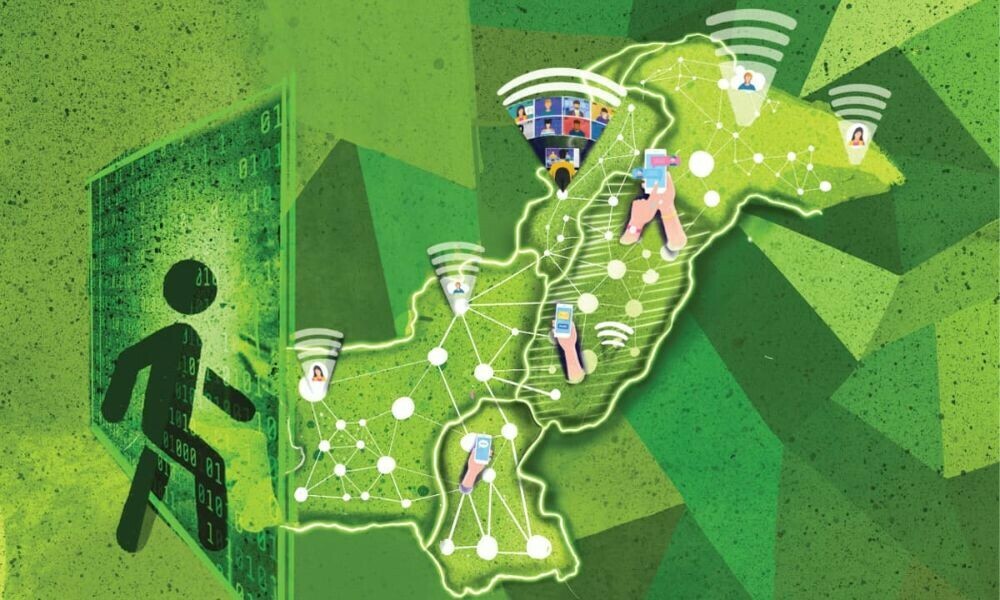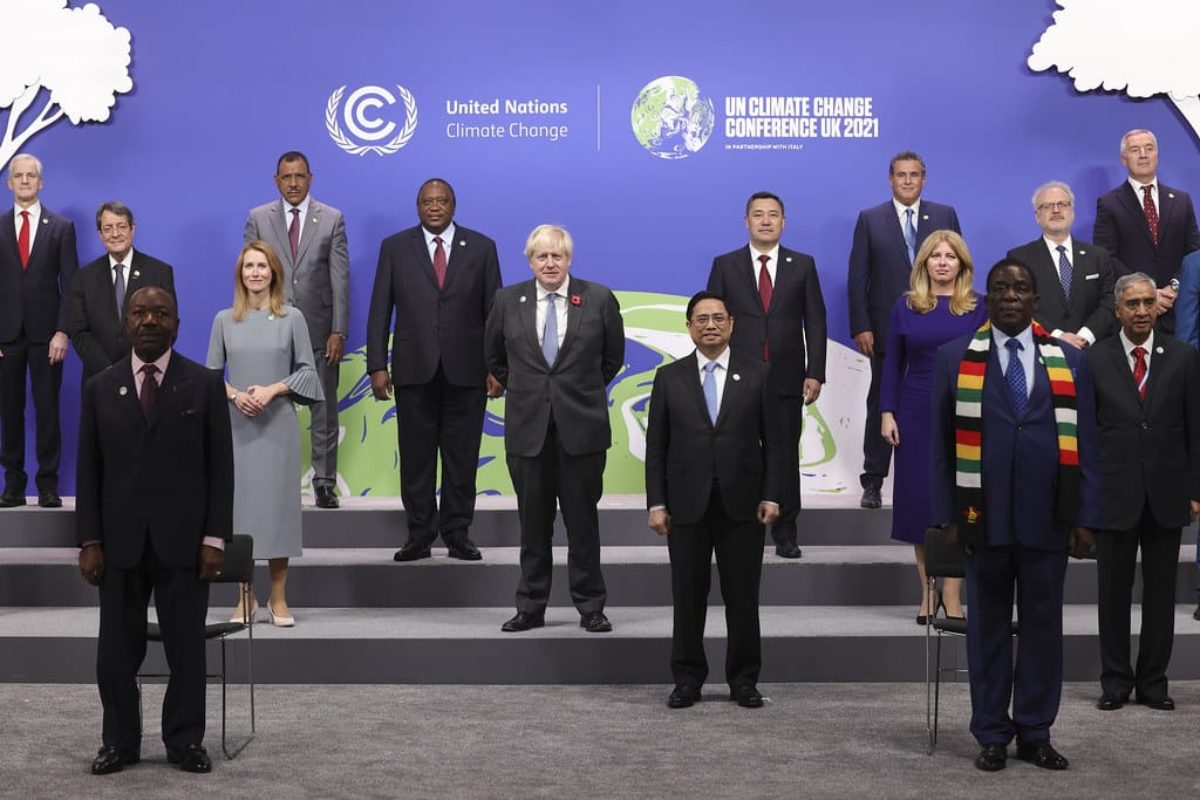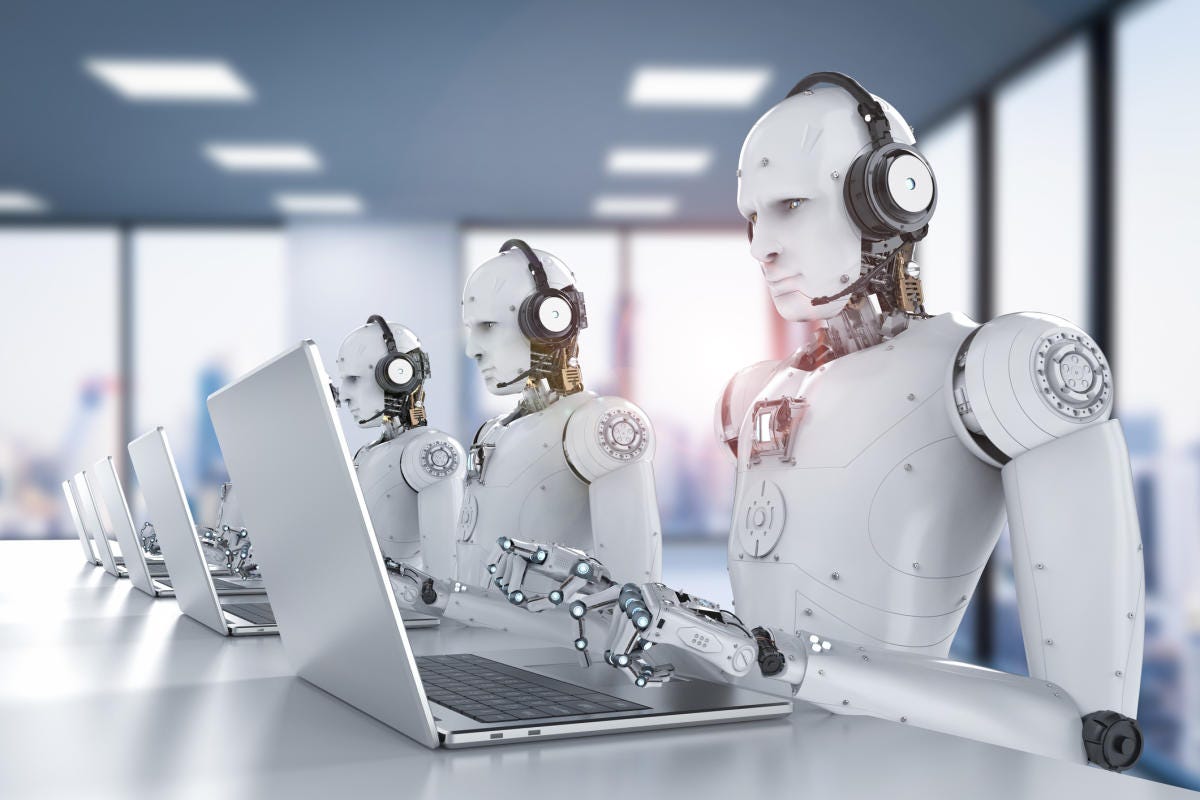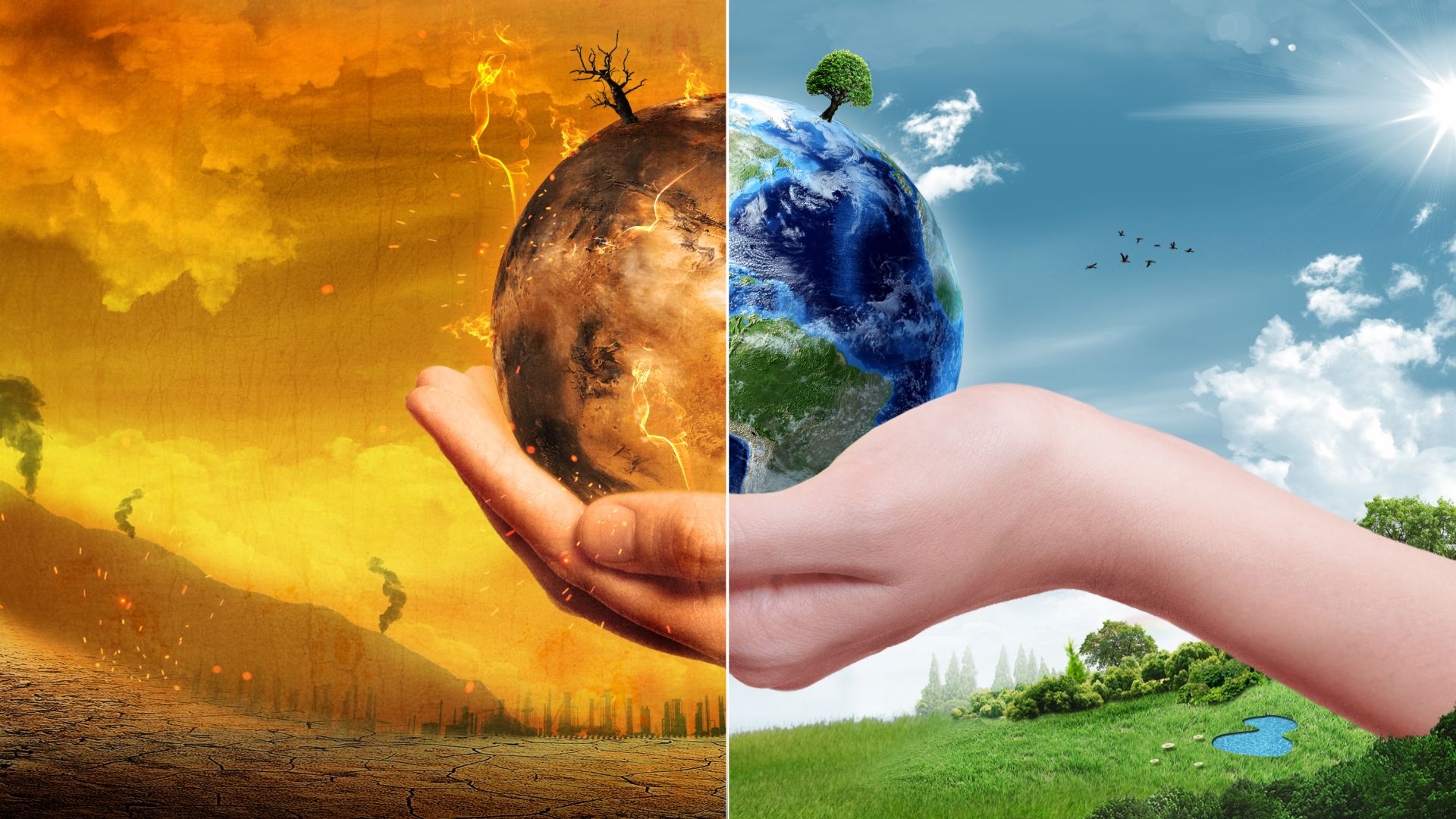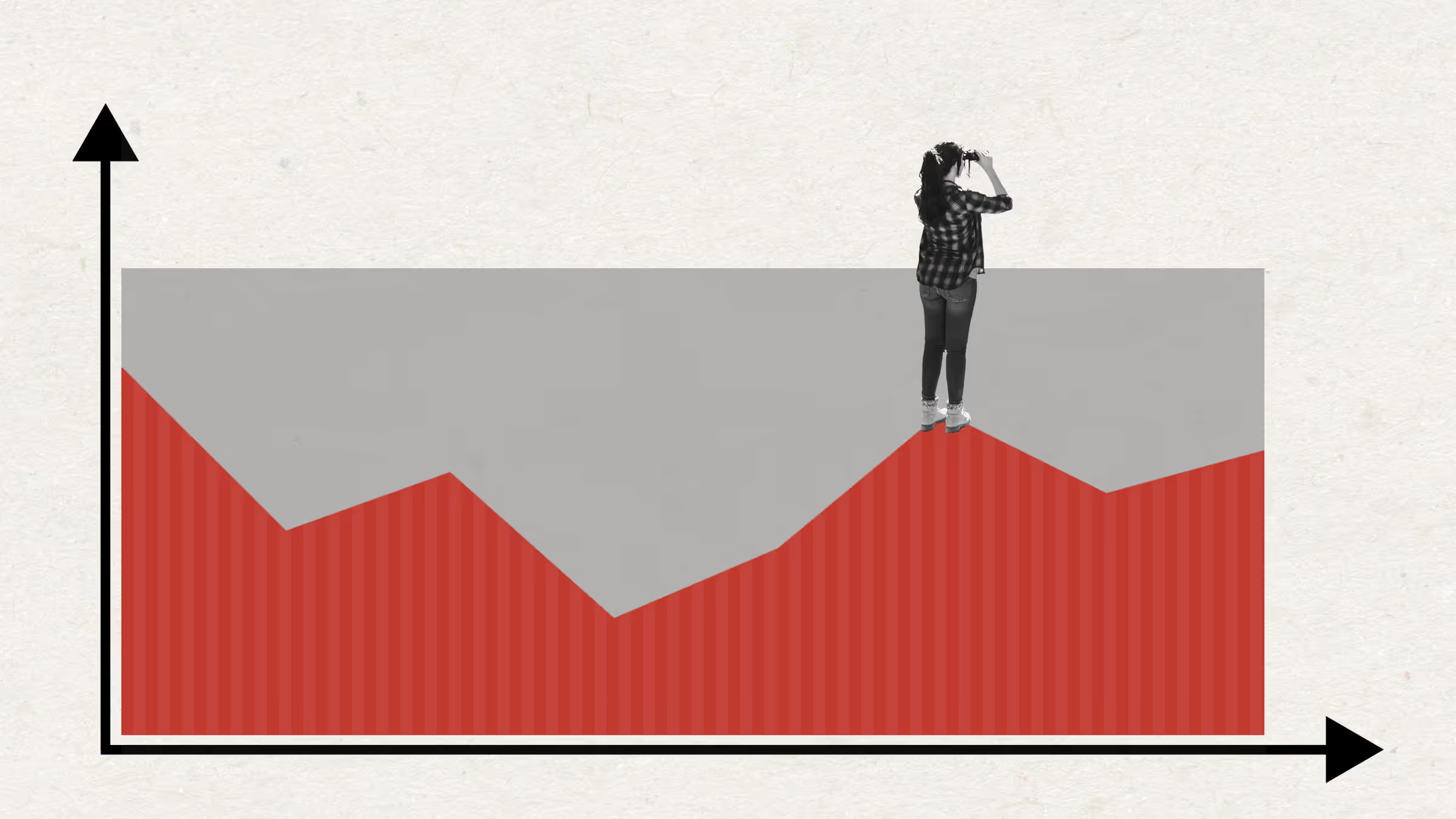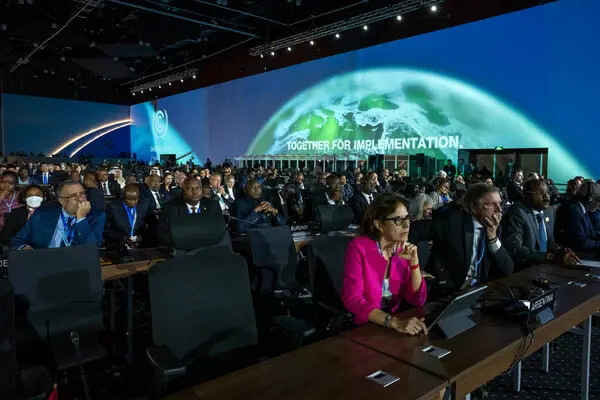Global Businesses Accelerate Digital Transformation Amid Rising Tech and Political Challenges
Businesses across the globe are undergoing rapid digital transformation, fueled by advancements…
Hollywood Faces Transformation as Celebrities Embrace Tech, Politics, and Global Activism
Celebrity culture is no longer confined to red carpets, film sets, and…
Global Leaders Clash Over Climate Change Policies at UN Summit
The recent United Nations Climate Summit brought together leaders from across the…
Artificial Intelligence Reshaping the Future of Technology and Global Industries
Artificial Intelligence (AI) is no longer a futuristic concept—it is an active…
Hollywood Faces a New Era as Celebrities Embrace Activism and Technology
In today’s digital world, fame is no longer limited to red carpets…
Climate Change Intensifies Global Crises as Nations Struggle for Solutions
Across the globe, communities are facing devastating impacts from climate change. Record-breaking…
Global Economy Faces Uncertainty Amid Rising Political Tensions
The global economy is showing signs of slowing as inflation, supply chain…
Taylor Swift Dominates Global Music Scene with Record-Breaking Tour
Taylor Swift’s latest world tour has redefined the music industry, smashing records…
Apple Unveils Next-Generation iPhone with AI-Powered Features
Apple has officially launched its highly anticipated iPhone model, introducing a new…
Climate Change Intensifies: Global Leaders Urge Immediate Action
Extreme weather events, rising sea levels, and unprecedented heatwaves have brought climate…

